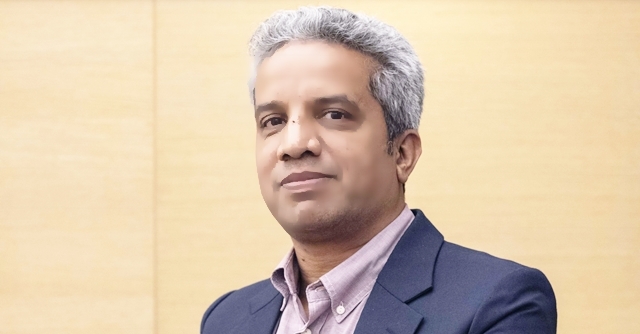
Personalised AI assistant for effective healthcare


Imagine waking up one morning with an unusual headache. Instead of frantically Googling symptoms or waiting hours at a clinic, you speak to your AI health assistant. It helps organise information about your symptoms, relevant medical history, and recent health data from your smartwatch
This scenario is already a reality in India. In a nation grappling with a critical shortage of 600,000 doctors and vast healthcare disparities, personalised AI assistants are helping transform everyday smartphones into supportive health companions. The impact is already evident—the ZS Future of Health Survey 2025 reveals India's leadership in embracing AI-powered healthcare, with acceptance rates surpassing those in the US, Europe, and other Asian countries. This trust in AI solutions for healthcare runs deep, with 97% of Indian doctors and 75% of patients actively embracing them.
These systems represent a notable evolution in healthcare technology, utilising architectures that combine natural language processing, machine learning, and neural networks. Moving beyond simple administrative functions like appointment scheduling and medication reminders, they serve as interactive health information resources that respond to patient queries and deliver educational materials. Their analytical capabilities enable the processing of diverse health data—from vital signs and sleep patterns to genomic information and clinical notes. Through this integration of multiple data sources, AI tools can help identify patterns that might otherwise be obscured in large volumes of information, offering healthcare professionals additional insights to consider during clinical assessments and treatment planning
Revolutionising healthcare through predictive intelligence

The real value of these AI tools lies in their predictive capabilities and ability to support personalised care approaches. As India faces a rising burden of chronic diseases, these systems are enhancing preventive care through continuous monitoring and early warning systems. Their potential is promising–they can detect conditions like Type 2 Diabetes up to 28 months before conventional diagnoses, with 89.6% accuracy.
When treatment is needed, AI assistants can assist with customising care plans, considering individual patient characteristics, treatment responses, and potential side effects. For instance, advanced AI models can provide information to healthcare professionals evaluating treatment options for breast cancer patients, potentially helping identify approaches that might reduce unnecessary aggressive treatments while maintaining efficacy.
Beyond prediction and treatment planning, these systems tackle another crucial challenge—the 'data deluge' in healthcare. By transforming vast amounts of raw information into actionable insights, AI enables healthcare providers to make more informed decisions and focus on complex care tasks that demand human expertise. This automation empowers India's stretched healthcare professionals to concentrate on critical care, ensuring patients receive immediate support and guidance.
Breaking barriers: Access, language, and social context

In India's diverse healthcare landscape, AI assistants are contributing to wider access to quality healthcare information. With capabilities for multiple regional languages and 24/7 availability, these digital tools are beginning to extend health monitoring resources and guidance to previously underserved populations. Early implementations show encouraging results: facilities report a 40% reduction in patient handling time, enabling them to serve more patients, while a 20% increase in treatment adherence reflects improved patient engagement across language and geographical barriers.
Furthermore, AI systems can be designed to recognise that health outcomes are connected with social context. Recent geospatial analysis has revealed correlations between social conditions and health outcomes—variations in household income significantly correlate with chronic disease prevalence, while unemployment rates show strong associations with mental health disorders. By incorporating these insights, AI assistants aim to provide contextually relevant health information, taking into account factors like work environments, local conditions, and socioeconomic circumstances when offering suggestions.
Path forward: Challenges and opportunities
India's AI healthcare market is set to soar to $1.6 billion by 2025, growing at a remarkable CAGR of 40.6%—but this digital health revolution brings both promises and challenges. While robust encryption protocols and strict data protection regulations are non-negotiable for maintaining trust, the real test lies in seamlessly integrating these systems into existing healthcare infrastructure. Consulting firms like ZS are playing a pivotal role in this evolution, helping healthcare organisations develop and implement advanced AI solutions. Their expertise encompasses data security, system integration, and tailored solutions that address India's unique healthcare needs.

The success of this transformation hinges on more than just technology. AI systems must speak the language of India's diverse population—both literally and culturally. Ensuring algorithm fairness and cultural appropriateness through training on heterogeneous datasets is crucial for delivering culturally sensitive care to every Indian citizen, regardless of background. As AI in healthcare advances towards its potential of contributing $500 billion to the economy, we are steadily progressing towards a future where healthcare is truly personal, predictive, and accessible to all.

Manish Menon
Manish Menon is office managing principal at ZS.
